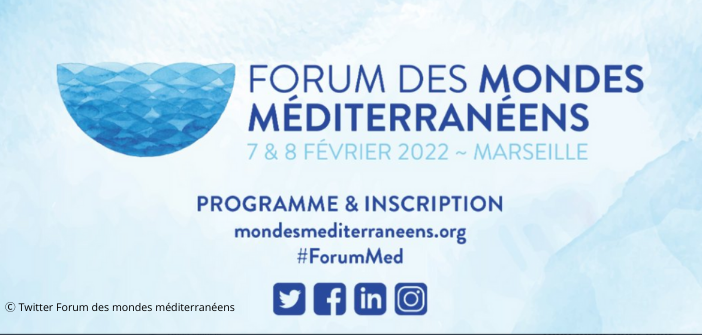Last Tuesday in Marseille, the Mediterranean Worlds Forum was held. For this occasion, Renaud Muselier, President of the Regional Council of Provence-Alpes-Côte d’Azur, met with Olivér Várhelyi, European Commissioner for Enlargement and European Neighbourhood Policy. An investment of 30 billion euros for the Mediterranean area is planned.
“To ensure a large-scale Euro-Mediterranean strategy, substantial resources need to be allocated,” explains Renaud Muselier. During this forum in Marseille, the European Union decided to commit 30 billion euros over 7 years for the Mediterranean area. Immediately after this announcement, the President of the Regional Council of Provence-Alpes-Côte d’Azur reacted: “Major projects can be launched and achieved focusing on ecological transition, connections with Europe, trade, transport, universities, and new water-related technologies.” During this forum, organized by the State, the European Union, represented by Olivér Várhelyi, announced that European Investment Banks and the European Bank for Reconstruction and Development will finance projects around the Mediterranean. For Renaud Muselier, these investments “must improve living conditions while securing the borders of this sector.” As an example, the politician explained that 5 sea surveillance vessels will be sent to Libya to fight the smuggling mafia and to prevent human tragedies. “This will allow us to strengthen borders and support the development of all Mediterranean countries,” concluded the former MEP.
Examples of projects have been mentioned, but nothing concrete yet:
YEP MED Project
Nearly 3 million euros of European funding have facilitated the development of the YEP MED project, led by GPMM for the Mediterranean ports, aimed at developing resources and professional training centers for port and logistics jobs to enhance the employability of young people.
SIEC Project
3 million euros have also been mobilized for the Energy Climate Information Services (SIEC) project, co-led by the Sud Region and the Tanger-Tetouan-Al Hoceima Region, to contribute to embedding the energy transition in both regions and to promote the SIEC on a Mediterranean basin scale.


